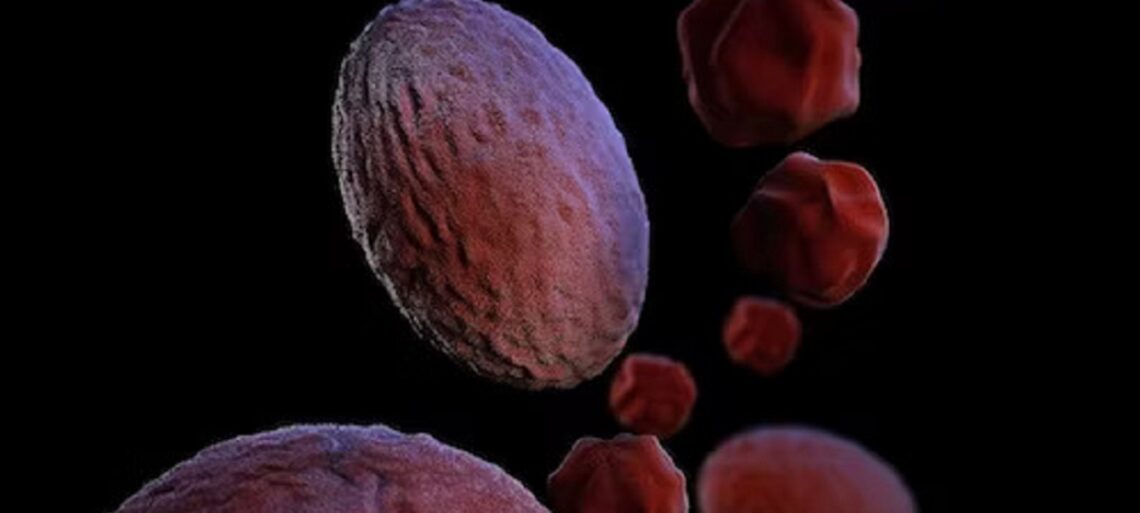
Kidney Infection vs. Kidney Stone Symptoms: Understanding the Differences
The kidneys are essential for preserving our general well-being because they remove waste and extra fluid from the circulation. However, they are susceptible to various conditions, two of which are kidney infections and kidney stones. While both affect the kidneys, they have distinct causes, symptoms, and treatments. In this article, we will delve into the nuances of kidney infection and kidney stone symptoms, helping readers better understand these conditions and seek appropriate medical attention.
Kidney Infection: Causes and Symptoms
A kidney infection, also known as pyelonephritis, occurs when bacteria enter the kidneys through the bloodstream or ascending from the lower urinary tract. Common causative agents include Escherichia coli (E. coli), which normally resides in the intestines but can lead to infections if it reaches the urinary tract.
Symptoms of a kidney infection often manifest suddenly and can be severe. These may include:
- Fever and Chills: A prominent symptom of kidney infection is a high fever accompanied by chills. The body’s response to infection can elevate the body temperature, leading to feverish sensations.
- Back or Side Pain: Pain in the lower back or side, particularly near the affected kidney, is a common symptom. The pain may be continuous or sporadic, and it can range in intensity from minor to severe.
- Frequent Urination: Individuals with kidney infections may experience an increased urgency to urinate, even if only small amounts of urine are passed.
- Painful Urination: Kidney infections can cause discomfort or a burning sensation during urination. This symptom is similar to the symptoms of a urinary tract infection (UTI).
- Cloudy or Foul-Smelling Urine: Changes in urine color, cloudiness, or a foul odor may indicate the presence of an infection.
Kidney Stone: Causes and Symptoms
Hard deposits made of minerals and salts accumulate in the kidneys to create kidney stones. They can vary in size, ranging from a grain of sand to larger, golf ball-sized stones. The development of kidney stones is often linked to factors such as dehydration, diet, and genetic predisposition.
Symptoms of kidney stones can be intense and include:
- Severe Back or Abdominal Pain: One of the hallmark symptoms of kidney stones is excruciating pain in the back or lower abdomen. The pain may come in waves and can be debilitating.
- Hematuria (Blood in Urine): Kidney stones can cause blood to appear in the urine, giving it a pink or reddish color.
- Frequent Urination: Similar to kidney infections, kidney stones can lead to increased frequency of urination.
- Painful Urination: Passing a kidney stone can be painful, causing discomfort and a burning sensation during urination.
- Nausea and Vomiting: Individuals with kidney stones may experience nausea and vomiting, especially when the pain is severe.
Distinguishing Factors
While there are overlapping symptoms between kidney infections and kidney stones, certain factors can help distinguish between the two conditions.
- Nature of Pain: The nature of pain can offer insights. Kidney infection pain is often a dull ache or discomfort, whereas kidney stone pain is sharp and severe, often radiating from the back to the lower abdomen.
- Additional Symptoms: Fever and chills are more indicative of a kidney infection, while nausea and vomiting are more commonly associated with kidney stones.
- Urinary Changes: Cloudy or foul-smelling urine is a common sign of a kidney infection, while the presence of blood in the urine is more characteristic of kidney stones.
Seeking Medical Attention
Both kidney infections and kidney stones require prompt medical attention, but the urgency may differ. Kidney infections are considered medical emergencies and should be addressed promptly to prevent complications such as kidney damage. In contrast, kidney stones may pass on their own, but medical intervention may be necessary if the stone is too large or causes significant pain.
Conclusion
In conclusion, understanding the differences in symptoms between kidney infections and kidney stones is crucial for timely diagnosis and appropriate medical care. While both conditions can cause significant discomfort and pose potential risks to kidney health, their distinct symptoms can guide individuals and healthcare professionals toward accurate diagnoses and effective treatment plans. If you suspect you have symptoms related to kidney issues, it is imperative to consult a healthcare professional for a thorough evaluation and proper management of the condition.
Janvi Dhiman
Janvi Dhiman holds a Master's degree in Biotechnology and has a background in both undergraduate and postgraduate studies from Amity University, Noida. Her passion lies in making meaningful contributions to the healthcare and research sectors. Currently, she is a valued member of our team, serving as a Research Analyst and a medical content writer at DiseaseInfoHub.




